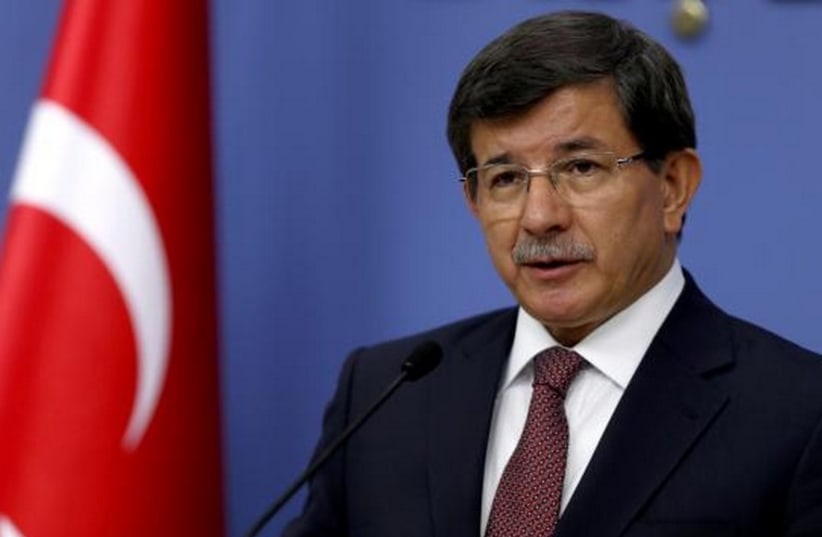Turkish premier says Israeli 'provocations' radicalizing Muslim world
In a Reuters interview, Davutoglu said peace in the Middle East and the eradication of extremist groups would be virtually impossible without the establishment of a Palestinian state.
